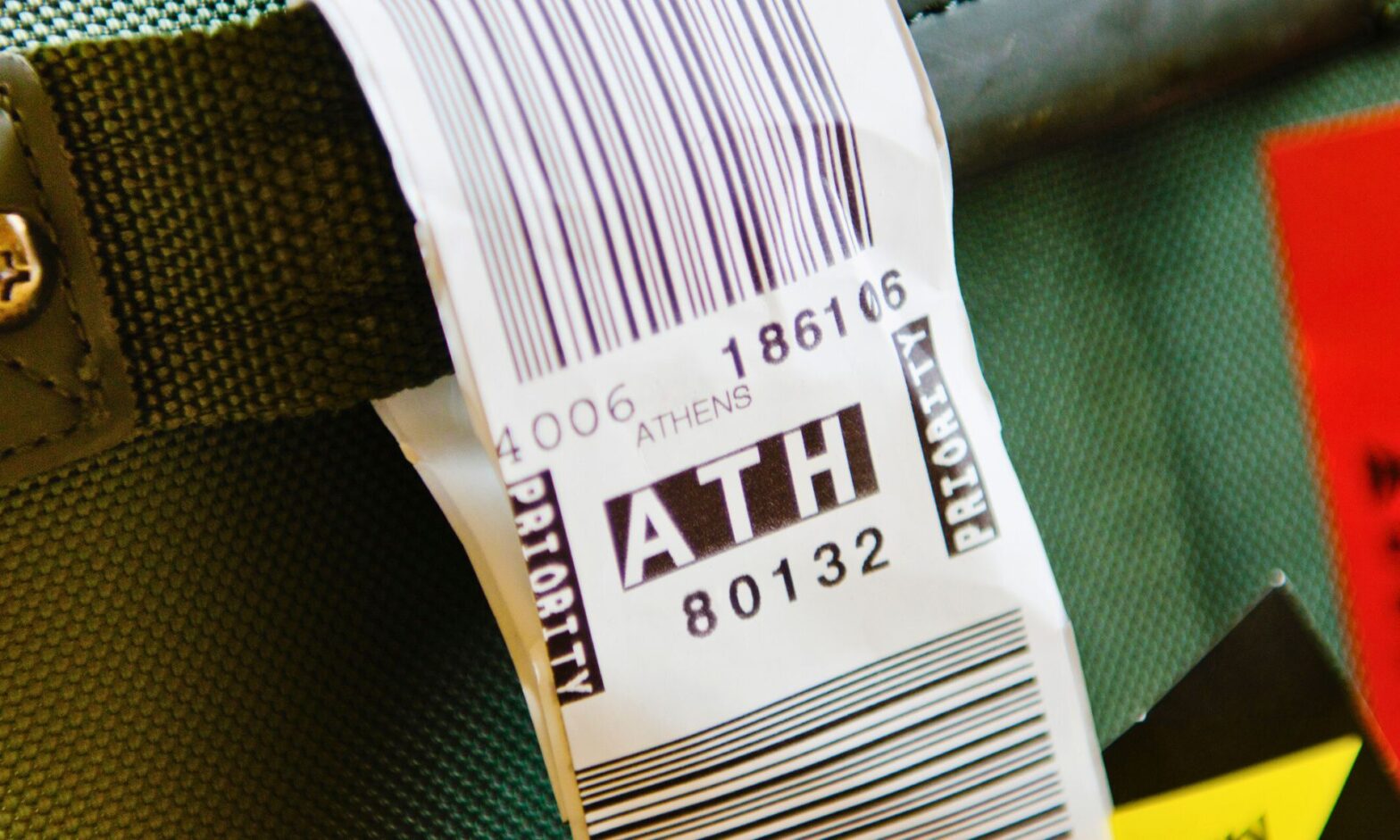In the spirit of inclusiveness, Lufthansa announced it would no longer address passengers with the standard “ladies and gentlemen.”
Travel + Leisure reported this last year, and was picked up again by Refresh News on December 27, 2022.
In response to LGBT+ advocacy around the world, more and more companies are examining ways to be more inclusive.
Other Airlines Already Implement The Practice Or Plan To
In 2019, World Economic Forum reported that some carriers have taken steps to be sensitive towards passengers outside of the gender binary.
“British Airways and Air New Zealand have joined a wave of major U.S. airlines planning to introduce extra gender options for LGBT+ passengers who don’t identify as either male or female,” the publication explained.
Other carriers such as Delta, American and United have also expressed interest in taking similar measures.
What Will Lufthansa's Greetings Be?
According to Travel + Leisure, “the German airline plans to do away with its traditional onboard greeting: ‘ladies and gentlemen, welcome on board.’ Instead, it will use gender-neutral alternatives, like ‘dear guests’ and a simple ‘welcome on board.’
That said, the use of “sir” and “ma’am” wouldn’t be banned on board.
World Economic Forum explained, “typical examples of non-binary markers could include a X or ‘undisclosed’ instead of male or female, and the gender-neutral title Mx instead of Mr or Mrs.”
LGBT+ Groups Are Pleased
These inclusive measured are embraced by LGBT+ groups.
World Economic Forum reported, “it would smooth the way for many trans, intersex and non-binary passengers – or those who simply don’t look typically male or female – who have long faced discrimination when flying.”
Germans Are Divided On Gender-Neutral Language
Travel + Leisure reported that the idea of gender neutral language has both support and opposition in Germany.
The publication wrote, “the language genders many words. Unlike English, which uses gender-neutral nouns, German has specific words for male doctor and female doctor and male editor and female editor.”
Similar sentiment has been expressed by Spanish, French and Italian groups, as all three languages utilize gendered words.





